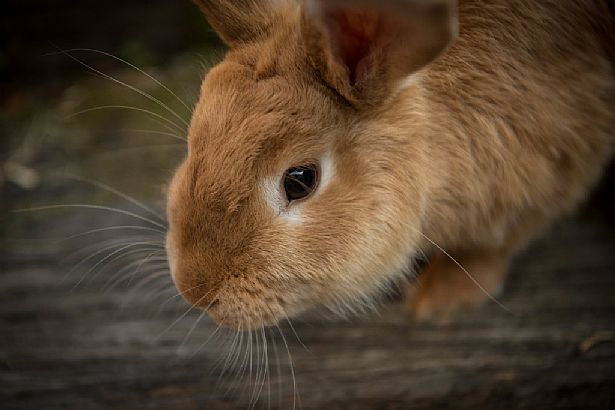News
Planned Rabbit Calicivirus Release in March 2017
The new virus RHDV1 K5 is a variant of the (RHDV1) virus released in 1996. The existing RHDV1 vaccine (known as Cylap®) is hoped to be effective against RHDV1 K5.
It is recommended that all domestic rabbit owners vaccinate their rabbits prior to the release of RHDV1 K5 and/or ensure their animals’ vaccinations are up-to-date. Vaccination schedules have been updated from every 12 months to every 6 months.
It is strongly recommended that rabbits are kept in insect proof enclosures or inside as a further measure to reduce the risk of contracting the virus.
All RHDV strains can spread easily from infected rabbits in droppings, urine, secretions from the eyes and nose, and at mating. Spread can also occur from contaminated objects such as food, clothing, cages, equipment, insects (especially flies), birds and rodents. The virus can survive in the environment for three and a half months over hotter periods but up to seven and a half months in moderate temperatures.
An effective vaccine, Cylap® has been available for many years to protect rabbits against the original strain of the virus. Previously Rabbits were required to be vaccinated annually to maintain protection.
As per their website, The AVA recommends that rabbits are vaccinated against RHDV (calicivirus) as follows:
- Kittens: 4, 8, 12 weeks of age, then 6 monthly for life.
- Adults: 2 vaccinations 1 month apart, then 6 monthly for life.
The current evidence indicates that vaccination with Cylap® will provide some protection against RHDVK5, but until further trials are done, owners are advised that vaccination may not provide full protection. Owners should seek advice from their veterinarian regarding vaccination. In addition, the general precautions outlined below may help to prevent infection.
A third strain of the virus RHDV2 was detected in the wild rabbit population in Canberra and has caused deaths to domestic rabbits throughout Australia. No vaccine is available in Australia that specifically protects against RHDV2.
The RSPCA advises:
Because the virus can remain in the environment for an extended period and it can be transmitted on objects and some insects, the following precautions may assist in minimising the risk of infection:
- Keep your pet rabbit indoors
- Rabbit-proof your backyard to prevent access by wild rabbits
- Regularly decontaminate equipment and materials including cages, hutches, bowls etc, with either 10% bleach or 10% sodium hydroxide
- Limit contact between and handling of unfamiliar pet rabbits
- Decontaminate hands, shoes and clothing after handling other than your own rabbits
- Control fleas
- Control insects (especially flies) as much as possible both indoors and outdoors
- Remove uneaten food on a daily basis
Please contact your veterinarian with any questions or concerns.
For further information please visit:
- Australian Veterinary Association Website
- Pet Smart Website
- RSPCA Website
This article archived 13 Apr 2017
Recent News
What's New
See also:
News Menu:
Manly & Northern Beaches Information
- What's New
- Special Offers
- Shopping Showcase
- Weather Forecast
- Local Map
- Videos & Photos
- News
- Facebook Directory
Manly & Northern Beaches Businesses
- Business Search
- Business Classifieds
- Real Estate
- Education
- Wedding Services
- Functions & Conferences
- Community
- Health, Sport & Fitness
- Transport & Travel














Manly Australia Social Pages